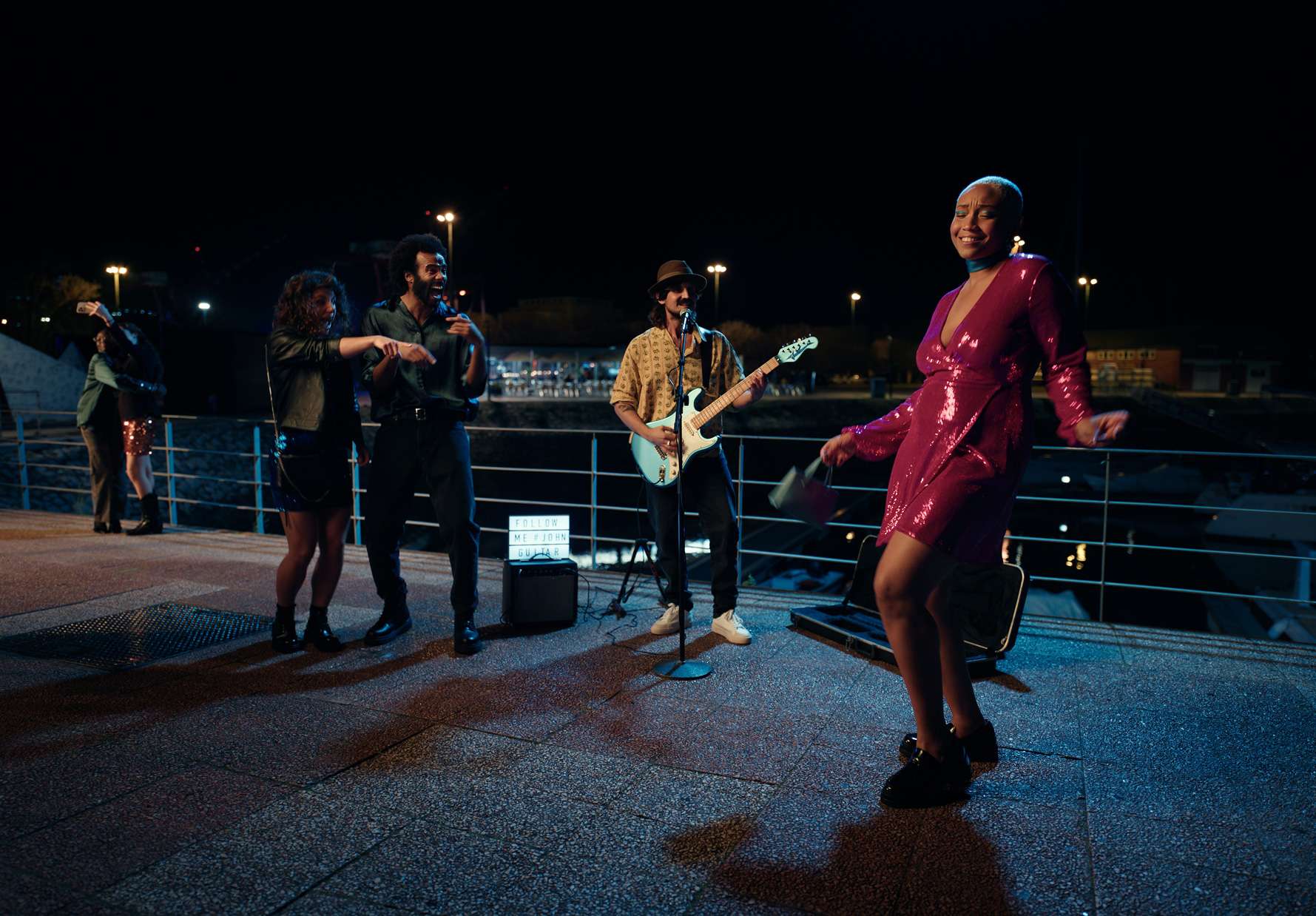Blisters treatments: First Aid and how to treat foot blisters
How to treat your blister with Compeed® in 3 easy steps
Preparation
Clean the affected area gently with soap and water.
Cover with a specialist Compeed® Blister plaster
Keep it clean, dry, and protected from further friction and stress.
Avoid popping the blister
Should the blister burst on its own, leave the dead skin intact and cover with a new plaster.
Learn how to heal Blisters faster with Compeed® by using our advanced Hydrocolloid Technology for blister treatments.
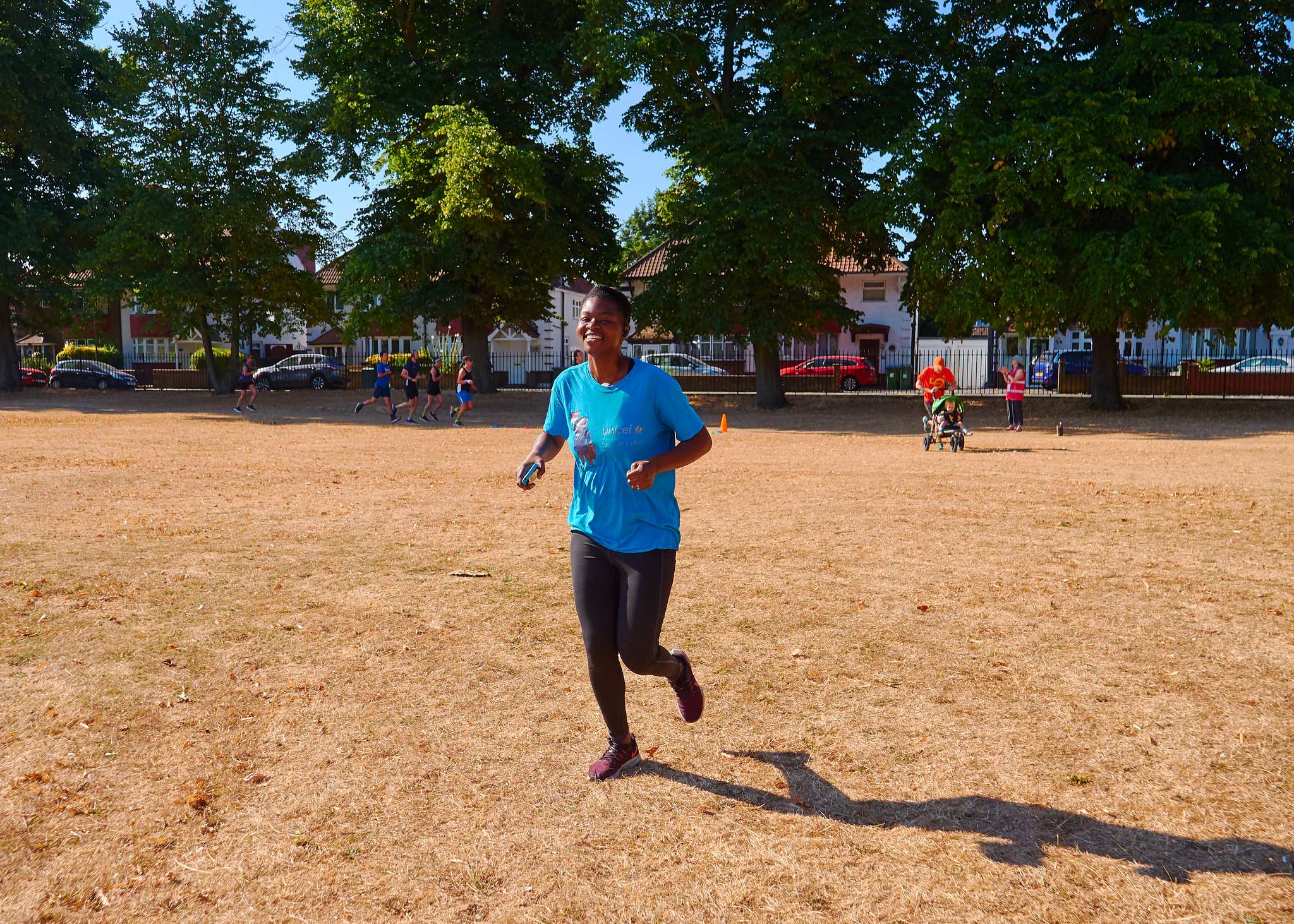
The seasons are changing, the days are warming up and embarking on a running routine is looking more appealing than it has done for months. But whether you’re looking at getting involved with parkrun, starting Couch to 5K or following your own training plan, there can often be one thing stopping you from getting things moving: your own state of mind.
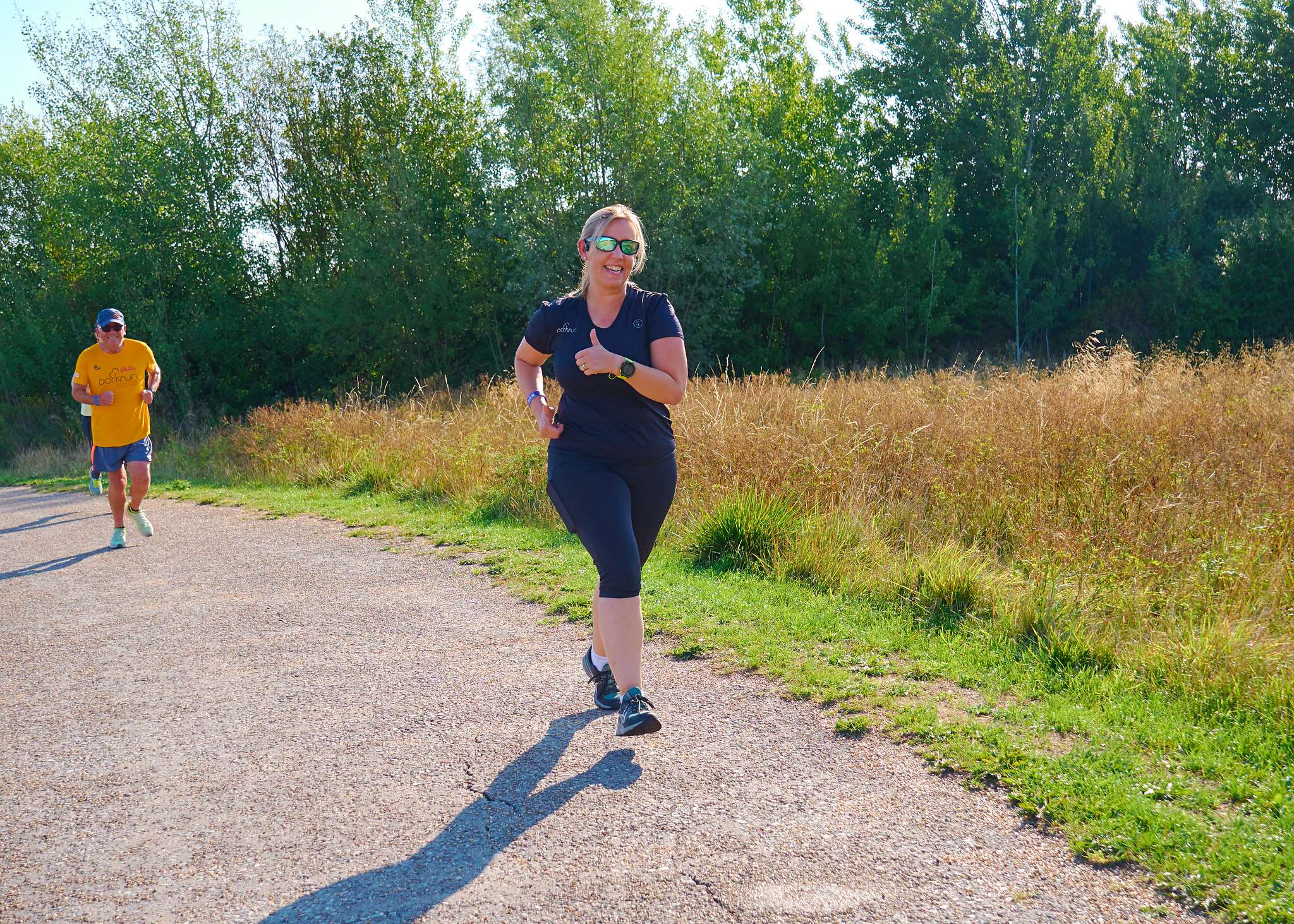
We’re all well-aware that the aerobic exercise provided by running is a great boon for your physical health, but it’s perhaps less widely known that running has been proven to have tremendous benefits for your mental health as well. It’s always good to get out of the house and into the open air – but the positive effects of running actually go much deeper.
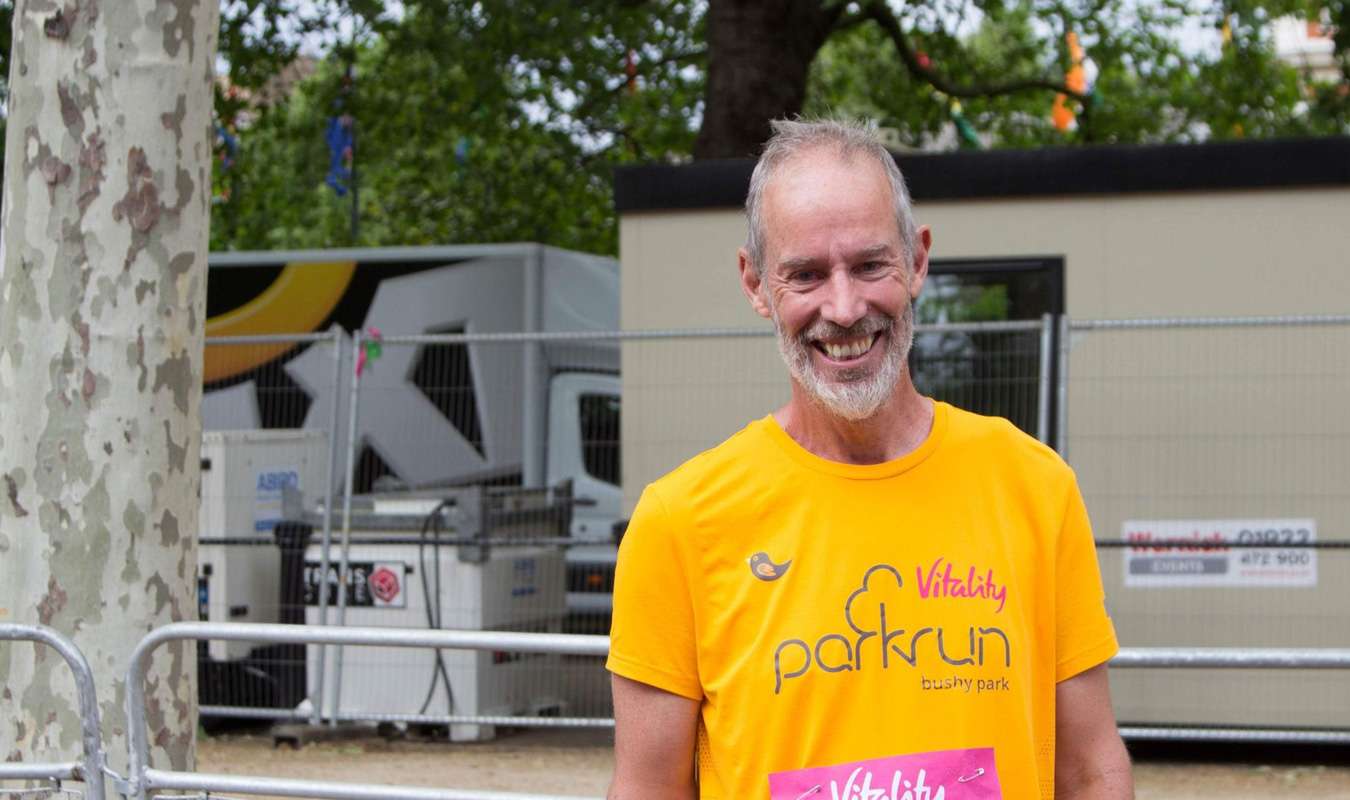
When Paul Sinton-Hewitt first organised a simple, timed 5K run at Bushy Park in 2004, he couldn’t have imagined the worldwide movement that would eventually follow. What began as a local gathering of 13 runners has grown into parkrun, an inclusive, community-driven initiative with a global footprint. Paul’s vision—to create a free, accessible event promoting health and community—resonated with people across the UK and quickly gained traction beyond it. Today, parkrun is a registered charity operating in over 20 countries, providing millions of people with a welcoming space for physical activity, whether they want to walk, jog, or run.

When Wendy Searle sets off for Antarctica in December she will have packed with meticulous precision. And with good reason. When you’re skiing for 715 nautical miles in one of the harshest environments on earth – and trying to break a world speed record in the process – you don’t want to be carrying any unnecessary weight.

Every parkrun you complete is an exhilarating milestone of achievement – regardless of whether it’s your first time taking part or you haven’t missed a Saturday morning run in years. Each time you cross the finish line marks another 5k towards maintaining your physical and mental fitness, along with the satisfaction that comes with being part of a supportive global community of parkrunners.

Nothing ruins a nice big hike like a nasty little blister, and ironically the former is almost always the cause of the latter. There are, however, steps you can take (no pun intended) to minimise the possibility of blisters rearing their ugly heads, as well as treatment you can undertake to ensure an existing blister doesn’t ruin your walk entirely.
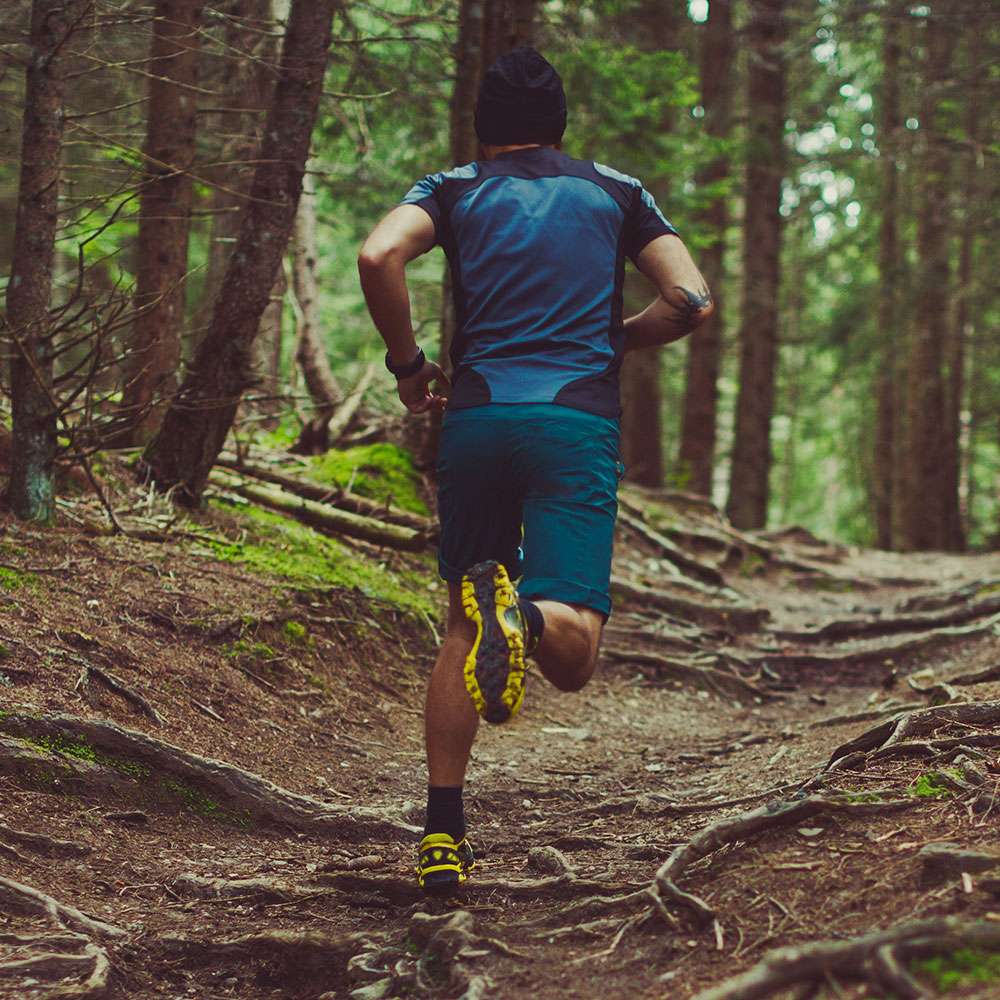
No matter what sport you’re into, nothing should stop you from hitting your personal goals every week. Unfortunately, something as small as a foot blister can do just that. And it happens a lot, even to top athletes. Whilst not as serious as a broken bone or a sprain, blisters shouldn’t be taken lightly. They can affect your concentration, decrease your performance and cause overuse injuries to your knees and ankles.
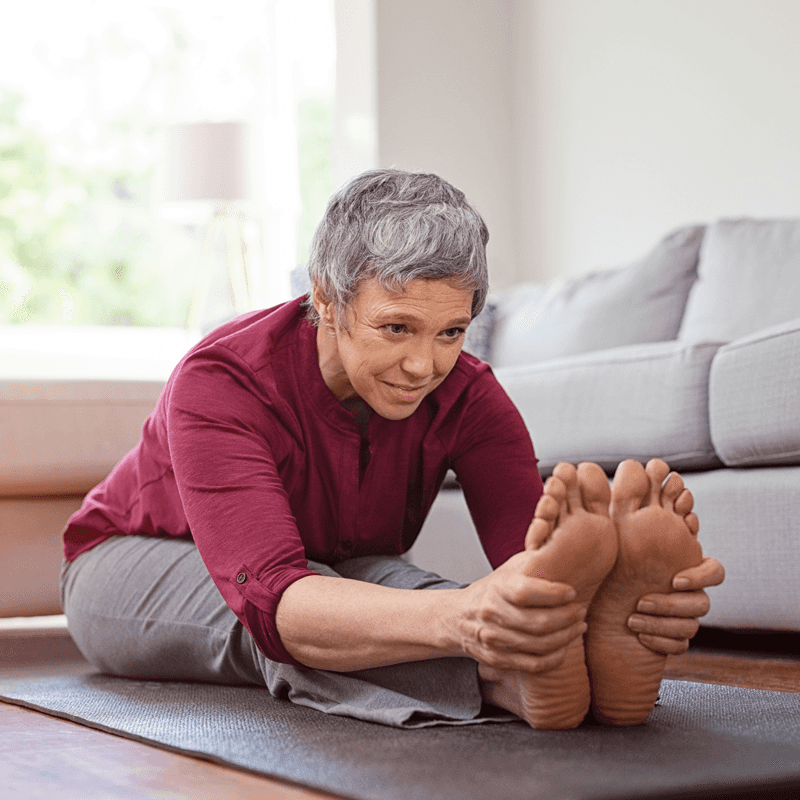
Anyone, no matter who they are or how good their life may look, can suffer from diminished mental health.
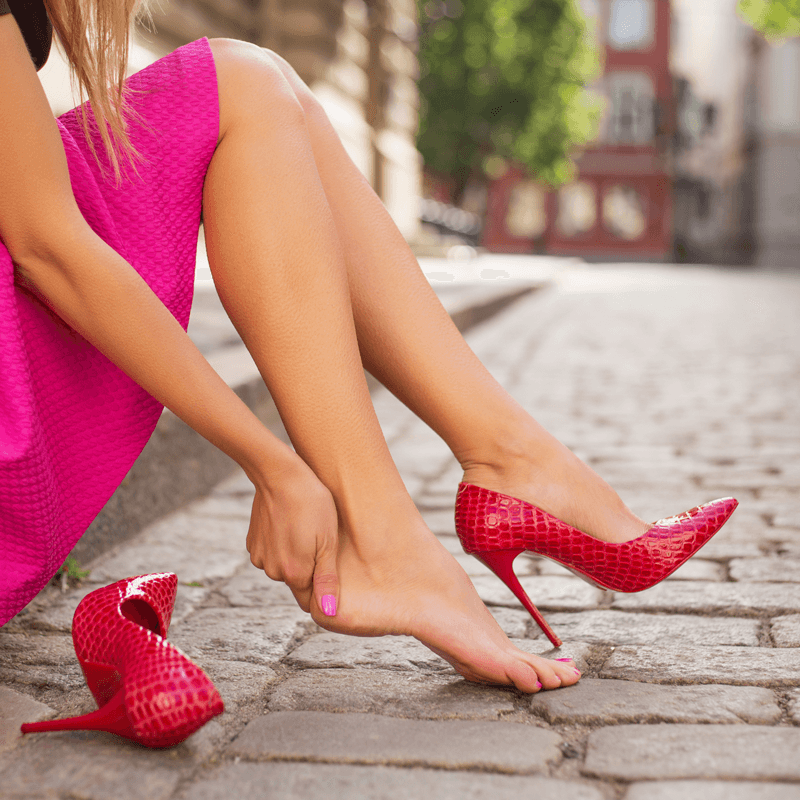
Wouldn’t it be great to live in a world without blisters, where pain doesn’t take the shine off new shoes or sporting endeavor?
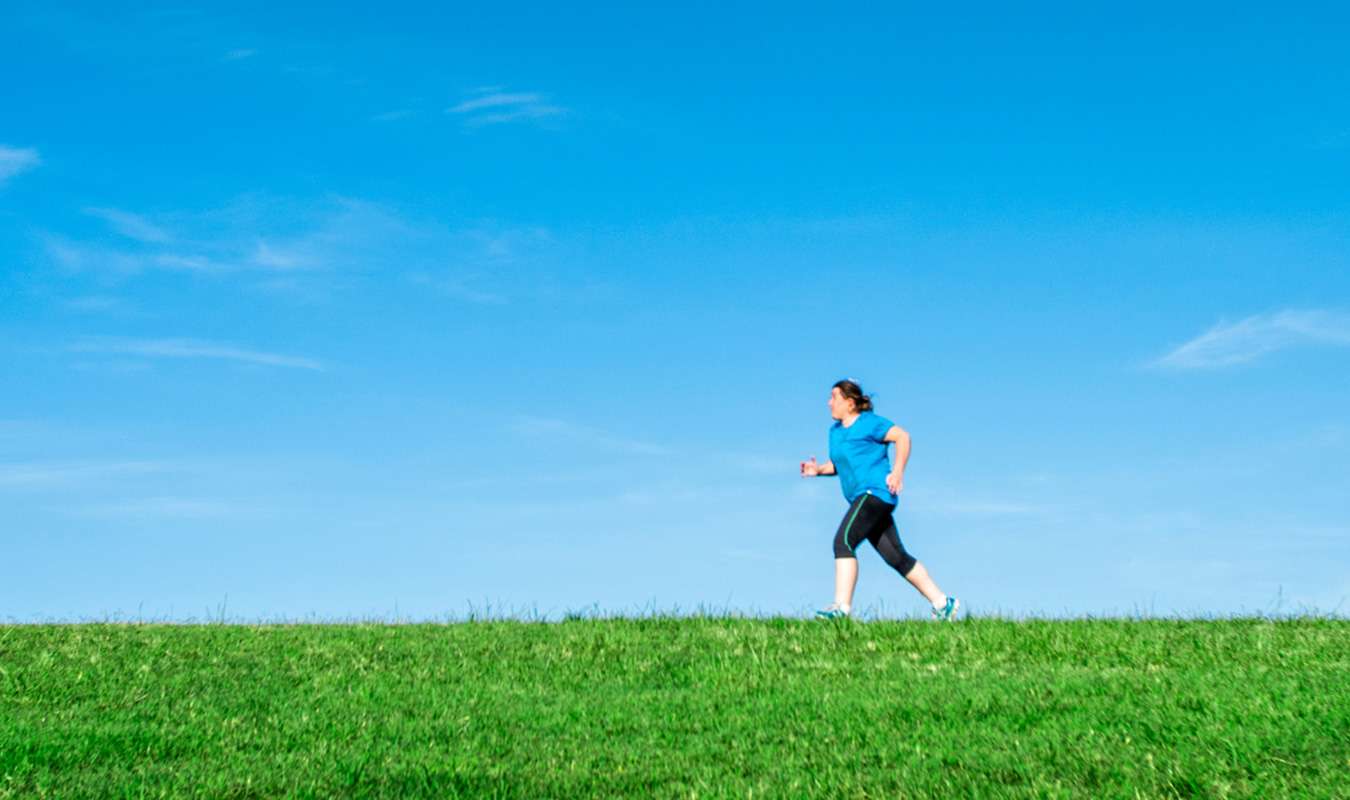
Few training programmes have captured the imagination of the public quite like Couch to 5K.
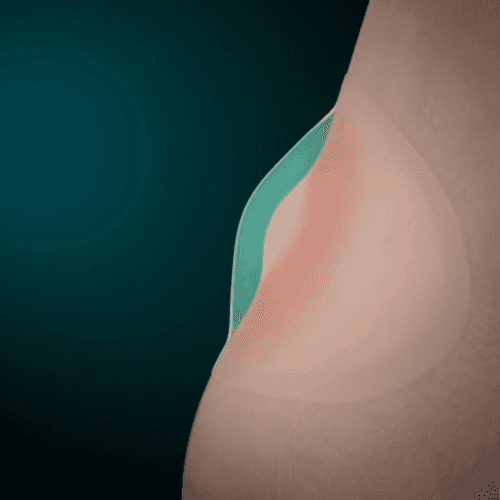
There are several types of hydrocolloid plaster that treat different types of uninfected wounds such as low exudate wounds, bedsores, superficial burns, leg ulcers1….

Nothing takes the fun out of running like a blister on your foot – whether it’s causing a bit of discomfort with every stride, or hurting so much it becomes virtually impossible for you to continue running at all.
FAQ
Got questions? We’ve got you covered!
Blisters develop as a result of repeated friction and rubbing, often from tight or ill fitting shoes
Blisters are fluid filled lesions that develop in response to repeated friction on the skin. Open blisters can be very painful and take up to 7 days to heal (individual experiences may vary (individual experiences may vary.)
If you're wearing shoes that make you more prone to blisters protect your feet from rubbing and friction with Compeed Blister Plasters. You can also prevent blisters by wearing two pairs of thin socks when exercising. Be sure to read our full blister prevention advice.
Blisters can take several days to heal. Treatments focus on protecting the blister from further friction. Apply a Compeed plaster to prevent further blistering and provide instant pain relief.
